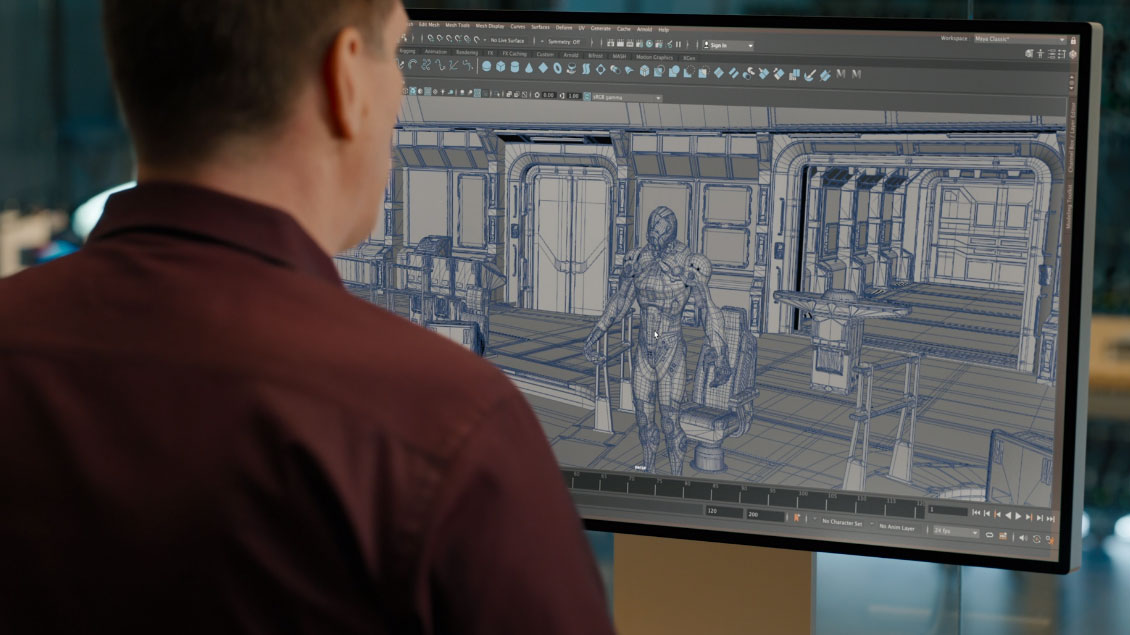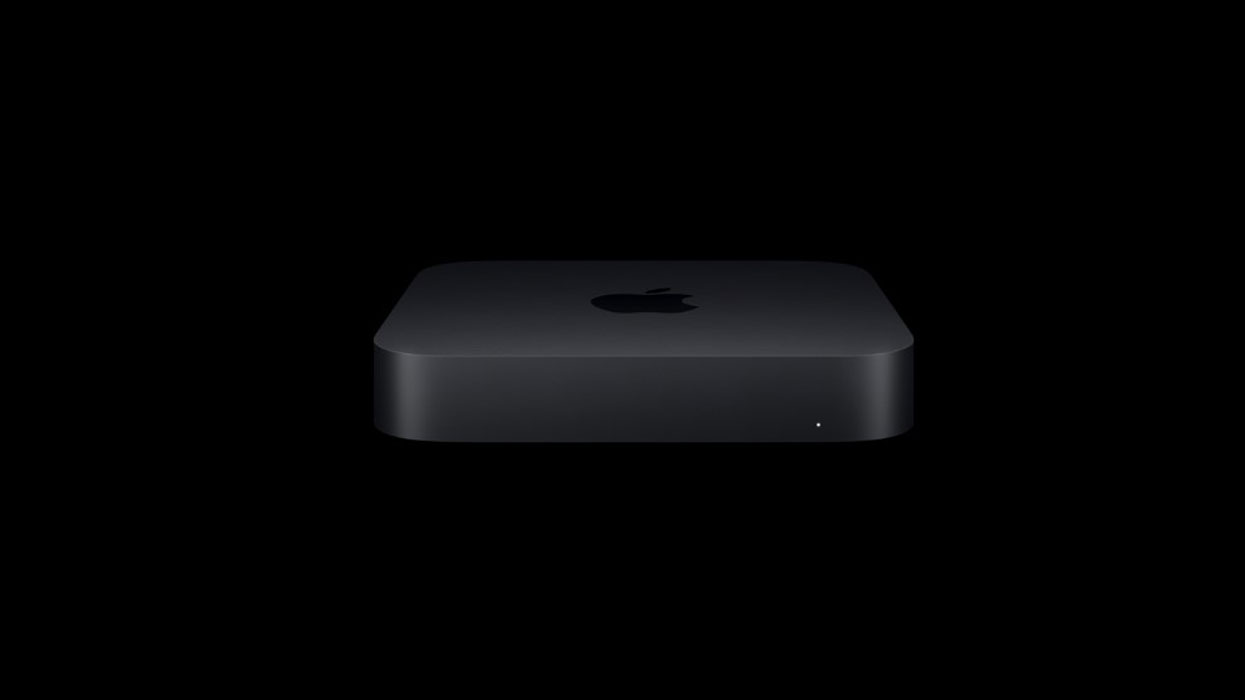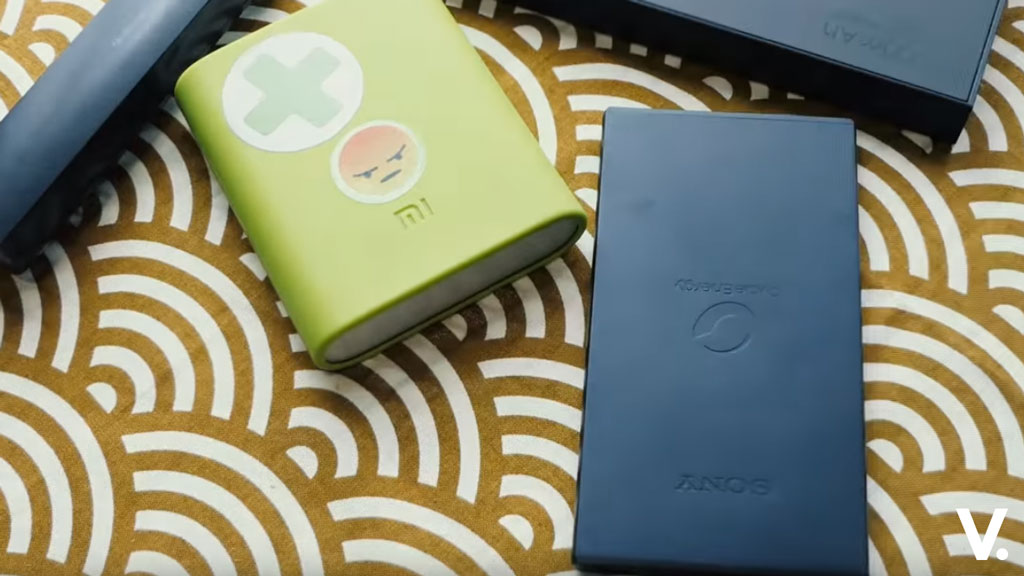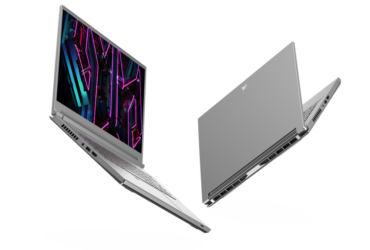The rumours are true. Apple is making the massive transition from Intel architecture to its custom-designed ARM chips across all its hardware products. You can expect to see the first Apple Silicon Macs in the market by end of the year. But guess what, there’s already a Mac mini with an Apple A12Z Bionic chip.
At WWDC20, Apple showcased the ARM chip effortless taking on Final Cut Pro and editing three streams of 4K Pro Res video, on a 6K Pro Display XDR.
The key to making a successful transition is, of course, the availability of native (Universal) apps. Apple has already made all of its Mac apps including its pro apps like Final Cut Pro and Logic Pro ARM-native.
The company has worked closely with Microsoft and Adobe to get their popular productivity and creative apps ready when the first ARM-based Macs ship at the end of the year.

During its online WWDC20 keynote, Apple demoed Word, Excel, Powerpoint, Lightroom and Photoshop on the A12Z Bionic.
For existing x86-based applications on the Intel platform, they will run just fine with the updated Rosetta 2 emulation layer, built into the new macOS Big Sur release.

You may be skeptical about emulation and I admit I am too. However, Apple showcased Maya and Shadow of the Tomb Raider running flawlessly as x86-native apps out-of-the-box on the ARM chip.
Mac mini: ARMed and ready
Oh, back to the Mac mini.
So, Apple has plonked in the A12Z Bionic into the demo Mac mini unit. This is the same chip that powers the 2020 iPad Pro. It’s essentially the same powerful A12X Bionic chip featured in the 2018 iPad Pro (3rd gen) but with an additional GPU.
This Mac mini comes with 16GB of memory paired with 512GB of SSD storage. In terms of I/O expansion, it offers two USB-C ports (up to 10Gbps), two USB-A ports (up to 5GBps), and a HDMI 2.0 port. Connectivity-wise, it ships with 802.11ac Wi-Fi, Bluetooth 5.0, and Gigabit Ethernet.
The good news is, it’s the first ARM-based Mac. The bad news is, you can’t buy it. Not in retail channels, anyway.
Instead, it’s part of the Mac Developer Transition Kit (DTK), which falls under the Universal App Quick Start Programme. It’s a comprehensive set of resources, technical support, and everything a developer needs to get Universal apps ready before Apple Silicon Macs go to market for consumers. The DTK is owned by Apple and must be returned.
Apple is accepting applications to its USD500 developer programme and priority will be given to applications with an existing macOS application.
For more information, head over to the Apple Developer page.
Latest news
- Sony’s New WH-1000XM6: Taking Noise Cancellation to Ridiculous New Heights
- AirAsia Power Bank Policy 2025: New In-Flight Restrictions You Need to Know
- Trump Tariffs: Impact on Tech and Your Wallet in 2025
- Canon EOS R50 V: Why Content Creators Will Love This New Camera
- How to Check Unclaimed Money in Malaysia with eGUMIS (2025 Guide)
Subscribe to Vernonchan.com: Never miss a story, read stories on Feedly and Medium
Disclosure: Keep in mind that VERNONCHAN.COM may receive commissions when you click our links and make purchases. Clicking on these links cost you nothing and it helps to cover some of the costs for the upkeep of the site. While we may receive commissions, this does not impact our reviews, views and opinions which remain independent, fair, and balanced. Thank you for your support.









